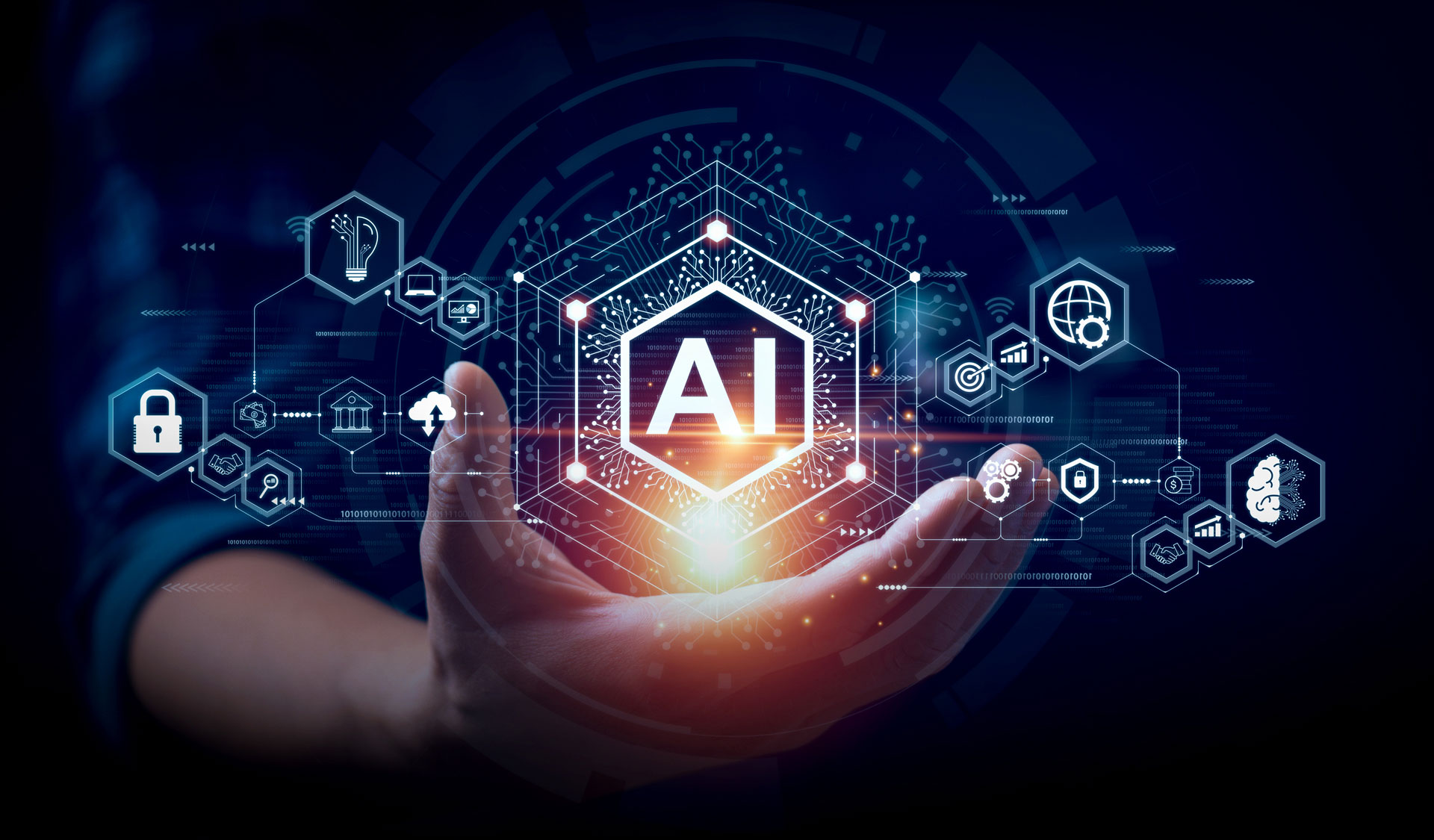Lower-cost AI tools could improve jobs by offering more employees access to the technology.
- Companies like DeepSeek are developing inexpensive AI that could help some workers get more done.
- There could still be threats to workers if companies turn to bots for easy-to-automate jobs.
Cut-rate AI might be shocking industry giants, but it's not most likely to take your job - at least not yet.
.png)
Lower-cost techniques to establishing and training expert system tools, from upstarts like China's DeepSeek to heavyweights like OpenAI, will likely permit more individuals to acquire AI's performance superpowers, industry observers informed Business Insider.

For many employees fretted that robotics will take their jobs, that's a welcome development. One scary possibility has actually been that discount rate AI would make it much easier for employers to switch in inexpensive bots for pricey human beings.
Of course, that could still happen. Eventually, the innovation will likely muscle aside some entry-level workers or those whose functions mainly include repetitive tasks that are simple to automate.
Even greater up the food cycle, personnel aren't always totally free from AI's reach. Salesforce CEO Marc Benioff stated this month the business might not hire any software engineers in 2025 due to the fact that the company is having a lot luck with AI agents.
Yet, broadly, for lots of workers, lower-cost AI is likely to broaden who can access it.
As it becomes cheaper, it's much easier to integrate AI so that it ends up being "a partner rather of a danger," Sarah Wittman, an assistant teacher of management at George Mason University's Costello College of Business, informed BI.
When AI's price falls, she said, "there is more of a widespread approval of, 'Oh, this is the way we can work.'" That's a departure from the state of mind of AI being a costly add-on that companies might have a tough time justifying.
AI for all
Cheaper AI might benefit employees in locations of an organization that typically aren't seen as direct income generators, Arturo Devesa, chief AI designer at the analytics and information company EXL, told BI.
"You were not going to get a copilot, maybe in marketing and HR, and now you do," he said.
Devesa stated the path shown by companies like DeepSeek in slashing the expense of establishing and carrying out big language models changes the calculus for companies deciding where AI might settle.
That's because, for a lot of big business, such decisions aspect in cost, precision, and speed. Now, with some expenditures falling, the possibilities of where AI could reveal up in a workplace will mushroom, Devesa said.
It echoes the axiom that's suddenly everywhere in Silicon Valley: "As AI gets more efficient and available, we will see its usage skyrocket, turning it into a commodity we just can't get enough of," Microsoft CEO Satya Nadella composed on X on Monday about the so-called Jevons paradox.
Devesa stated that more productive workers will not necessarily lower demand for individuals if companies can develop new markets and new sources of revenue.
Related stories
AI as a commodity
John Bates, CEO of software business SER Group, told BI that AI is ending up being a product much quicker than expected.
That means that for tasks where desk employees might need a backup or somebody to confirm their work, affordable AI might be able to step in.
"It's excellent as the junior understanding employee, the thing that scales a human," he said.
Bates, a former computer technology professor at Cambridge University, forum.kepri.bawaslu.go.id said that even if a company already prepared to use AI, the decreased costs would enhance return on investment.
He likewise stated that lower-priced AI might offer little and medium-sized organizations simpler access to the technology.
"It's just going to open things up to more folks," Bates said.
Employers still require people
Even with lower-cost AI, humans will still have a location, said Yakov Filippenko, CEO and founder of Intch, which assists specialists find part-time work.
He said that as tech firms contend on rate and setiathome.berkeley.edu drive down the expense of AI, lots of companies still will not be eager to get rid of employees from every loop.
For example, Filippenko said business will continue to need designers due to the fact that somebody needs to confirm that brand-new code does what an employer wants. He said companies hire employers not simply to finish manual work; bosses also desire an employer's viewpoint on a prospect.
"They pay for trust," Filippenko said, referring to employers.
Mike Conover, CEO and founder of Brightwave, a research platform that uses AI, told BI that an excellent chunk of what people do in desk tasks, in specific, includes jobs that could be automated.
He stated AI that's more commonly readily available because of falling expenses will enable human beings' imaginative capabilities to be "maximized by orders of magnitude in regards to the elegance of the issues we can fix."
Conover believes that as prices fall, AI intelligence will likewise infect much more locations. He stated it's akin to how, decades ago, the only motor in a car may have been under the hood. Later, as electrical motors shrank, they appeared in locations like rear-view mirrors.
"And now it's in your tooth brush," Conover said.
Similarly, Conover said omnipresent AI will let experts develop systems that they can customize to the requirements of tasks and workflows. That will let AI bots handle much of the grunt work and allow workers prepared to experiment with AI to take on more impactful work and perhaps move what they have the ability to focus on.










